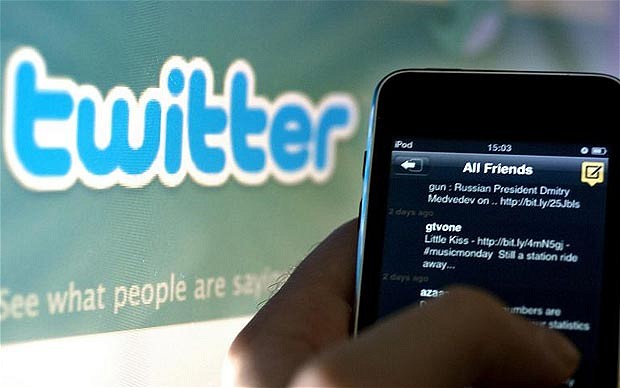Posts Tagged facebook
Power Users
Posted by Petros Kagkas in Market Evaluation, Social Impact on May 11, 2012
Who are power users?
According to Webopedia power user is a sophisticated user of personal computers. A power user is typically someone who has considerable experience with computers and utilizes the most advanced features of applications [1].
According to Wikipedia a power user is a user of a personal computer who has the ability to use advanced features of programs which are beyond the abilities of “normal” users, but is not necessarily capable of programming and system administration [2].
Power users can be our initial target group that can be used as a vehicle to make our application widely known. Due to the fact that a small number of users can create a significantly large amount of content of the overall amount that is created by the other users. Specifically a study on twitter found that “fifty per cent of all tweets read and shared on Twitter were generated by only 20,000 ‘elite’ users, despite there being more than 100 million registered accounts on the service” [3]. Later on another study regarding facebook illustrated a similar behavioral pattern of the facebook power users [4]. More analytically the report states

On average 140 million tweets are sent a day, which is up nearly 100 million on the amount posted on a daily basis a year ago
Most people using the social network receive more interactions, such as ‘likes’ or being tagged in photos, than they give out on the site.
A new study entitled: ‘Why Most Facebook Users Get More Than They Give’, from Pew Internet, an American not-for-profit research firm, found that people ‘liked’ other Facebook members’ content an average of 14 times, while their own content was on average ‘liked’ 20 times.
Twelve per cent of Pew’s study participants, over the course of a month, tagged friends in photos, but then 35 per cent were themselves tagged in minimum of one photo. On average they sent nine personal messages and received 12. Forty per cent of them made a ‘friend request’, while 63 per cent received one in that time.
“First, it turns out there are segments of Facebook power users who contribute much more content than the typical user,” explained Professor Keith Hampton, the lead author of the report.
“Most Facebook users are moderately active over a one month time period, so highly active power users skew the average. Second, these power users constitute about 20 per cent to 30 per cent of Facebook users, but the striking thing is that there are different power users depending on the activity in question. One group of power users dominates ‘friending’ activity. Another dominates ‘liking’ activity. And yet another dominates photo tagging.”
References